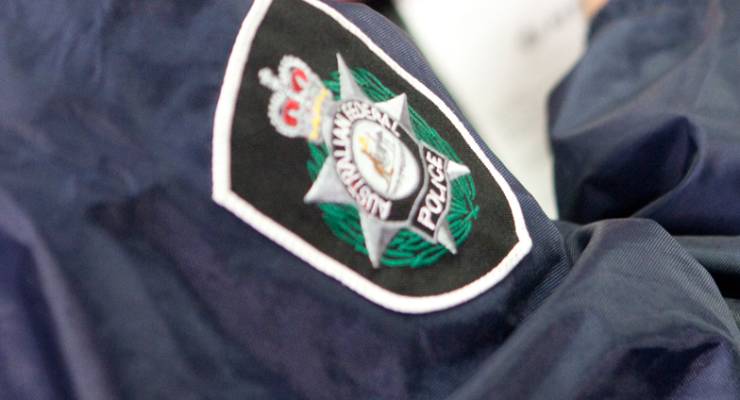
Labor is asking the Australian Federal Police to hand over all evidence obtained as part of last week’s raids to the Senate, effectively putting a halt to the AFP’s investigation into NBN leaks this side of the election.
In a letter former Labor communications minister Stephen Conroy sent to AFP Commissioner Andrew Colvin on Tuesday afternoon, seen by Crikey, the former minister called on Colvin to hand over all evidence to the Senate, so that the Senate could decide whether or not the evidence was protected under parliamentary privilege.
“I continue to assert my claim of parliamentary privilege,” Conroy said in the letter.
“Consistent with the [AFP National Guideline for Execution of Search Warrants where Parliamentary Privilege may be involved], I expect the seized items to remain in the Clerk’s possession until the Senate rules on my privilege claim.”
Conroy has asked Colvin to note that the scope of his claim of parliamentary privilege extends to “all words spoken, and acts done, in the course of, or for purposes of, or incidental to, parliamentary privilege”, rather than just the seized documents, which the police allege were leaked from NBN.
Crikey has confirmed that in the fallout of the AFP raids on Conroy’s office and the home of ALP staffer Andy Byrne on Thursday, two NBN staff members have been stood down while the AFP investigates whether or not the documents were leaked to the ALP. An NBN officer accompanied the police on the raids.
It is understood Labor is concerned that photographs taken during the raid by a special security officer from NBN might have been used as evidence against those two staffers.
Crikey understands that Labor claimed parliamentary privilege before the raids started, but there was some disagreement between Labor and the AFP over when it applied, with the AFP initially reluctant to comply with the claim. The AFP also refused to delete photos of the documents until the next day, despite Conroy’s claim of privilege. Additionally, the NBN officer — who as a member of the AFP party should have been aware that privilege had been claimed over all documents — had already left by the time the police agreed to delete the photos. NBN asserts that the staffer has since deleted the photos, and NBN has said all photos that were sent to the company were also deleted with an AFP officer present.
It is a matter of contention on when exactly the two staffers were stood down. NBN has said that the staff were stood down after interviews were conducted with seven NBN staff members at the same time of the raids, and that the photos from the raids were not used in making the decision to stand down the staffers.
NBN and the AFP have defended the timing of the raids, which were designed to stop further leaking of sensitive documents from NBN.
The AFP refused to deny the allegations and declined to comment.








Crikey is committed to hosting lively discussions. Help us keep the conversation useful, interesting and welcoming. We aim to publish comments quickly in the interest of promoting robust conversation, but we’re a small team and we deploy filters to protect against legal risk. Occasionally your comment may be held up while we review, but we’re working as fast as we can to keep the conversation rolling.
The Crikey comment section is members-only content. Please subscribe to leave a comment.
The Crikey comment section is members-only content. Please login to leave a comment.